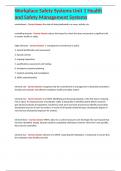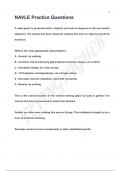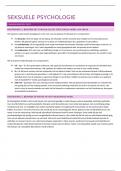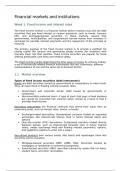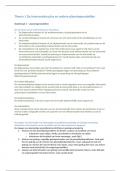Exam (elaborations)
LEV3701 Law Of Evidence - Summary Study Notes (Latest Update 2022)
- Institution
- University Of South Africa
LEV3701 Law Of Evidence - Summary Study Notes (Latest Update 2022) This is a complete and an all-inclusive guide to LEV3701 Law of Evidence. Meaning, Nature and purpose of Evidence law 1.1.1 Evidence Law defined What is evidence law? Before dealing with “evidence law”, it is important to d...
[Show more]




